Frequently Asked Questions
1. What is the cultural significance of knives?
2. How do knives play a role in family meals?
3. What are some notable types of knives and their significance in different cultures?
4. What is the importance of knife skills in culinary education?
5. Why are knives considered meaningful gifts in many cultures?
When we think about knives, we often associate them with their practical use in kitchens and food preparation. Yet, the cultural significance of knives stretches far beyond their utility. From ceremonial knives to artisan blades, knives have held sacred meanings across various civilizations. In this article, we will explore the rich tapestry of knife culture from around the globe, discover different types of knives, and appreciate their relevance in diverse traditions. This journey isn’t just about blades but also about the artistry, history, and passion that goes into crafting Chef Knives & Sets.
Knives as Tools of Connection
Throughout history, knives have served as more than just tools; they are integral elements of human connection, storytelling, and cultural expression. In many societies, sharing a meal prepared with artisanal or traditional knives signifies trust, love, and friendship.
The Role of Knives in Daily Life
In several cultures, the family meal is a sacred occasion that allows for bonding and communication. The use and presentation of knives during these gatherings can have specific meanings:
- Preparedness: The presence of Chef Knives & Sets often indicates readiness for communal cooking and sharing.
- Traditions: Certain knives may be reserved for special occasions, serving as family heirlooms and embodying the legacy of culinary practices.
- Honor: Some cultures bestow specific knives as a sign of respect and honor to culinary artists and chefs.
Knives in Various Cultures
Let’s explore some of the most notable cultural significances of knives around the world.
Japanese Cuisine: The Art of Precision
Japanese chefs have elevated the knife to an art form, particularly with the making of gyuto, or chef's knives. The craftsmanship involved in creating these knives reflects centuries of tradition, skilled artisanship, and a deep respect for the culinary arts. Japanese knives are celebrated for their sharpness, balance, and aesthetic appeal, making them an extension of the chef's hand.
- Symbolism: Knives like the tanto symbolize loyalty and honor, often seen in Japanese narratives of samurais.
- Practicality: The use of Chef Knives & Sets in preparing sushi or sashimi reflects the high standards for precision in slicing.
Scandinavian and Viking Influence
In Scandinavian folklore, knives were not only used for survival but also played a role in rituals and storytelling. The seax, a single-edged knife, was a common tool and weapon in Viking culture, reflecting the status of its owner.
Knives in this context served multiple purposes:
- Tactical Tools: Used for hunting, crafting, and cooking, these knives highlighted the importance of skill in survival.
- Rituals: Blades were often used in ceremonies, demonstrating the relationship between mankind and nature.
Indigenous Practices: Symbolism and Craftsmanship
Indigenous peoples worldwide have utilized knives not only for practical tasks but for cultural expressions. Many tribes craft their knives from local materials, embedding spiritual significance into their creations.
- Totems and Rituals: Knives can symbolize protection and are often featured in ceremonial situations, signifying power and respect.
- Artistic Expression: Artisan knives showcase elaborate designs, representing the cultural heritage and identity of the makers.
Modern Influences and Innovations
As globalized culinary practices emerge, the appreciation and love for knives continue to grow. From urban kitchens in America to international fine dining, the importance of quality Chef Knives & Sets becomes increasingly evident.
Blending Modernity with Tradition
Chefs today are blending traditional knife beginnings with modern needs:
- Fusion Cuisine: Chefs are combining techniques and flavors from various cultures, utilizing different knives to create a unique dining experience.
- Innovation and Technology: Cutting-edge materials are being used in knife production, merging the best of both worlds to craft tools that respect tradition while enhancing functionality.
Learning Through Culinary Arts
Many culinary schools emphasize the importance of knives in kitchen skills education. Students are trained to understand the nuance of various blades:
Knife Skills Education
Learning to use knives is an essential part of culinary education, as it involves:
- Technique: Mastering slicing, dicing, and chopping gives students confidence and competence in their culinary journey.
- Heritage: Knowing the history behind knives helps students appreciate the tools they use every day.
Knives as Gifts Across Cultures
Giving a beautifully crafted knife can carry profound meanings depending on cultural contexts. In many traditions, a knife represents a severing of ties, metaphorically implying that the bond between giver and receiver remains strong despite distance.
Significance of Gifted Knives
- Friendship: A gifted knife signifies trust and respect in the recipient's culinary skills.
- Legacy: Handing down a family knife can symbolize the passing of knowledge and tradition from one generation to the next.
- Appreciation: An intricate knife can show appreciation for someone’s culinary journey, encouraging their growth and passions.
The Unifying Power of Knives
Knives transcend their utilitarian purpose to embody cultural narratives that connect us across borders. Culinary practices adapted through the ages have transformed knives into symbols of artistry, connection, and tradition.
What We Can Learn
As we engage with different cultures through their culinary practices, we discover common threads of appreciation, respect, and shared experiences that knives embody. Understanding the symbolism behind various knives helps us realize:
- Respect for Craft: We learn to honor the artisans who create these tools with unparalleled skill.
- Cultural Exchange: Knives provide insight into unique traditions, encouraging a shared dialogue across cultures.
- Food as a Connector: Food brings us together, and knives are a significant component of that experience.
Time to Embrace the Beauty of Knives!
The cultural significance of knives serves as a testament to their role in uniting people through culinary art. Whether you’re an aspiring chef or a food enthusiast, understanding the rich history and various cultural meanings behind knives like Chef Knives & Sets can elevate your appreciation for this essential tool. Each knife tells a story; it’s your turn to create yours. Remember, as you embark on your culinary journey, you’re not just cooking food; you’re sharing a slice of history, culture, and connection. Embrace the beauty and art of knives, and let your culinary adventures begin!


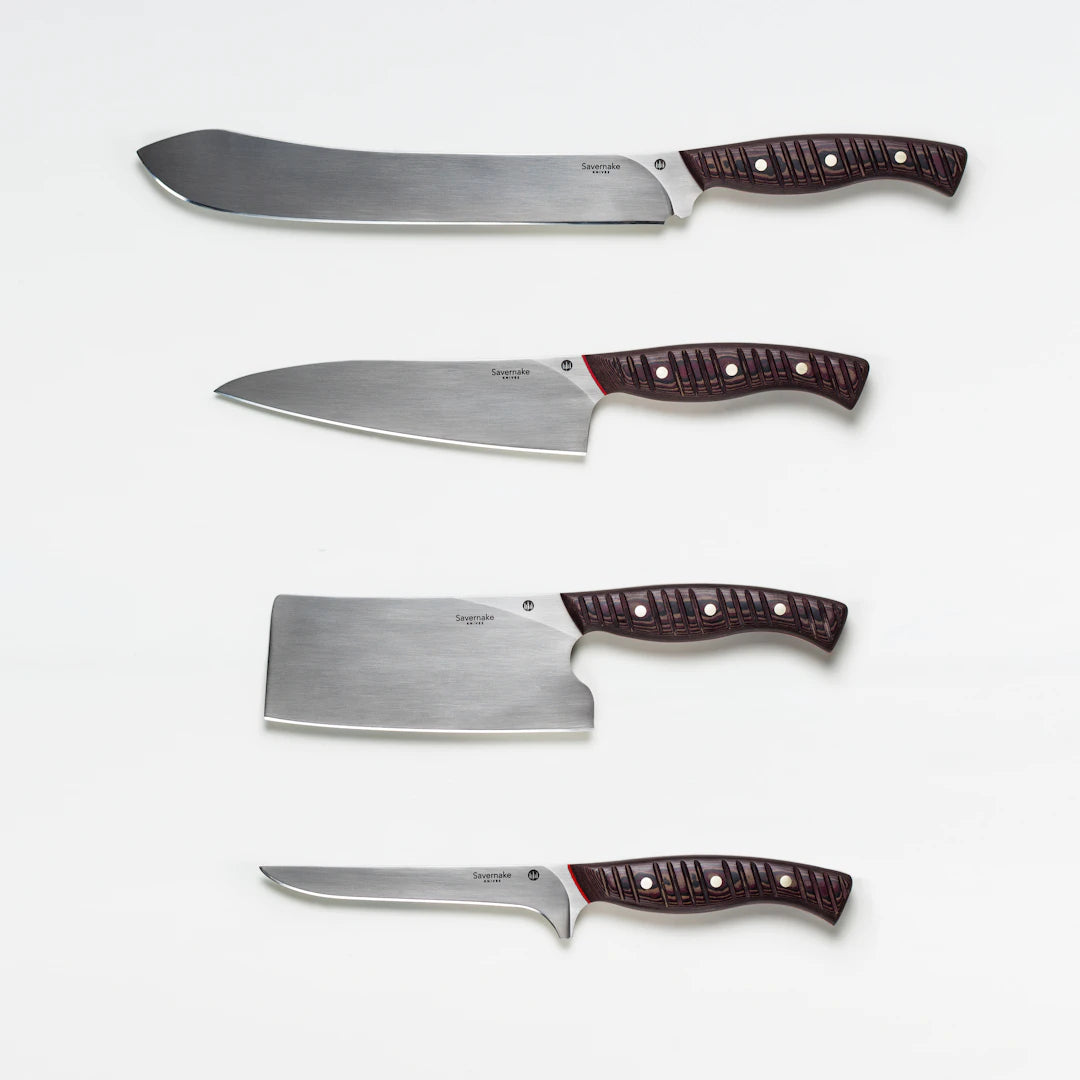





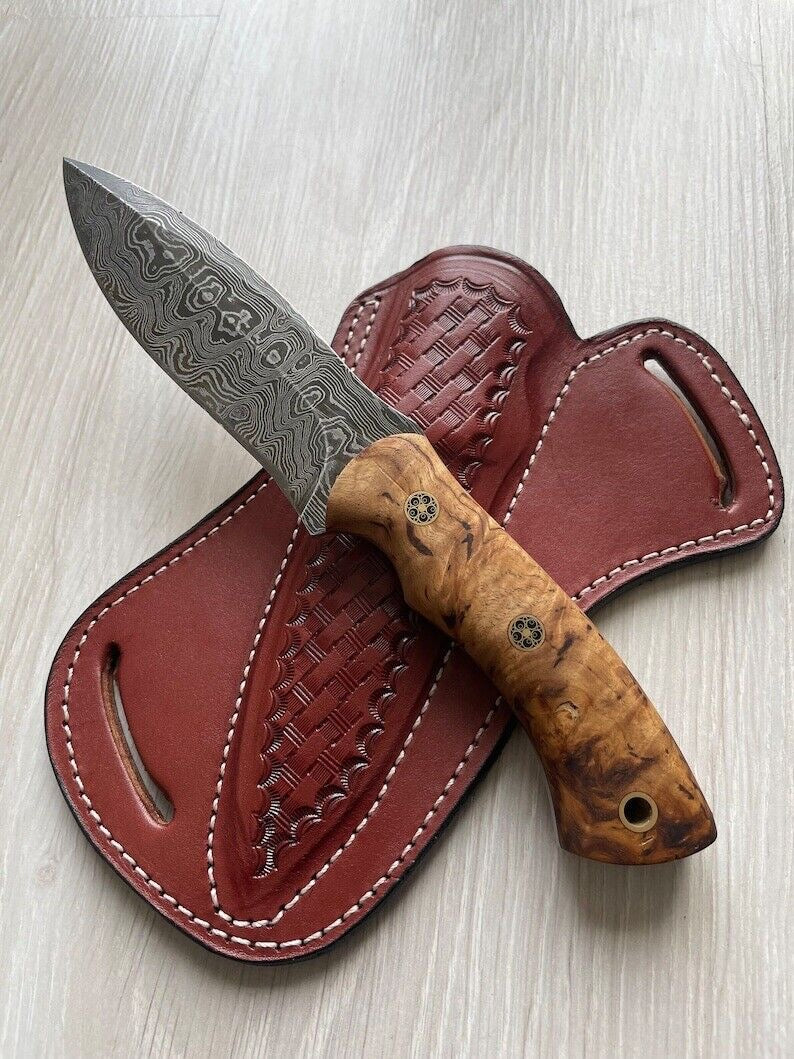
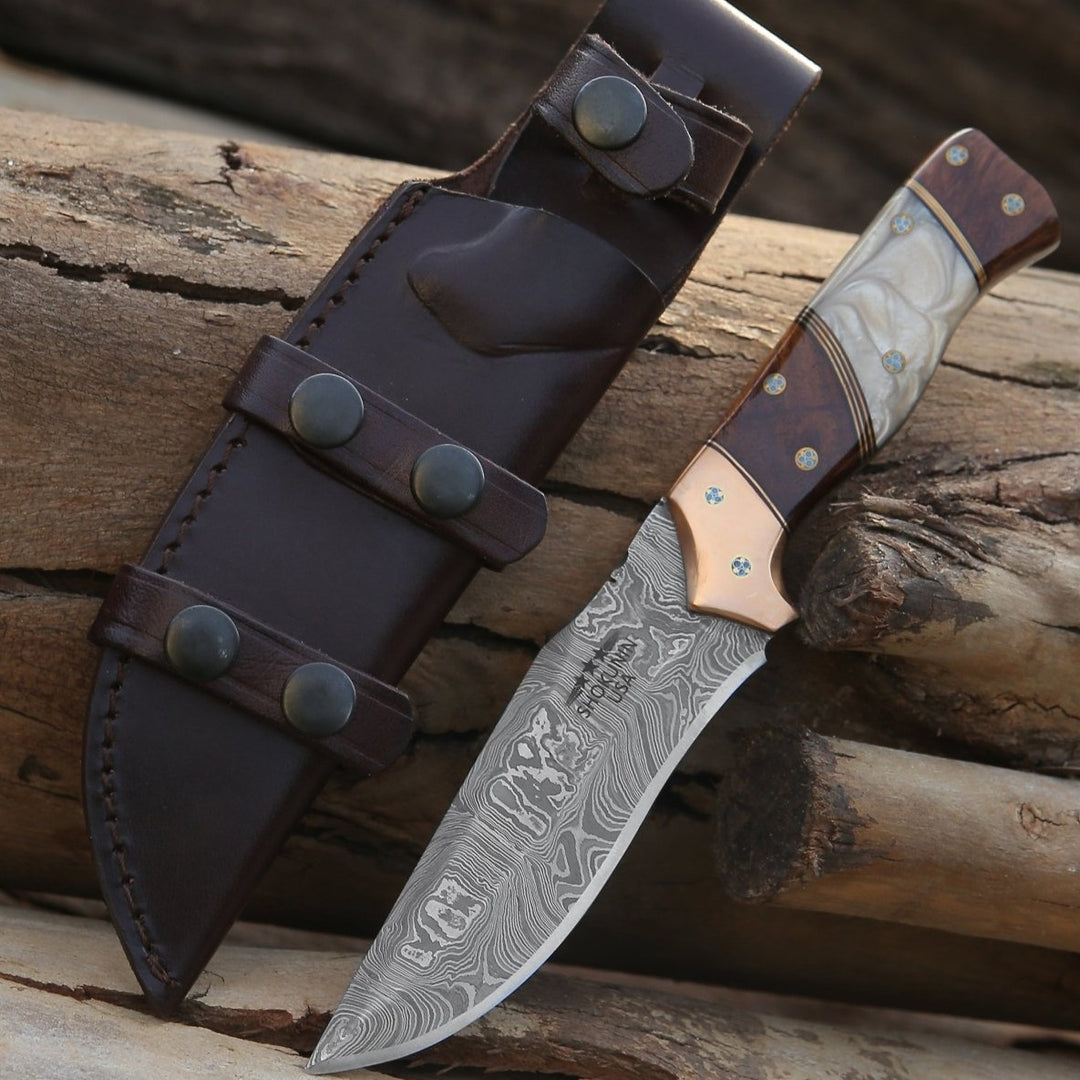
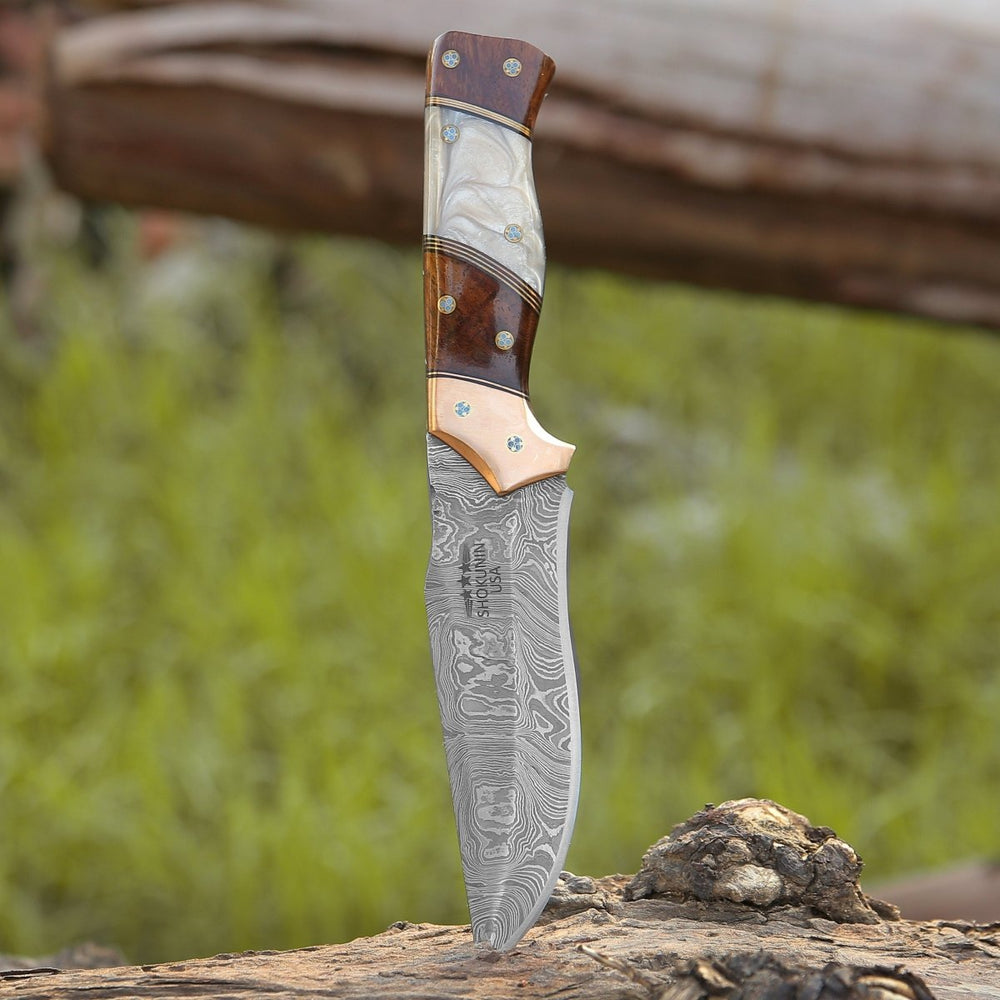
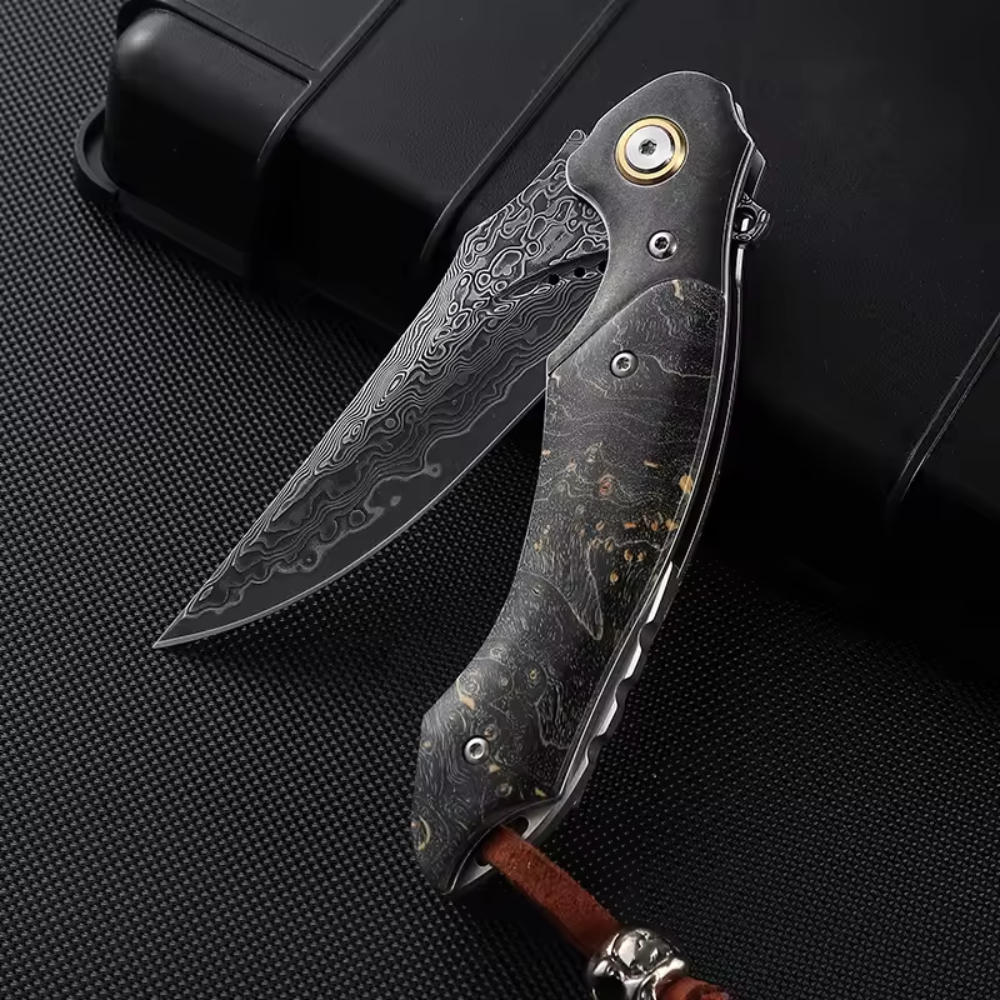
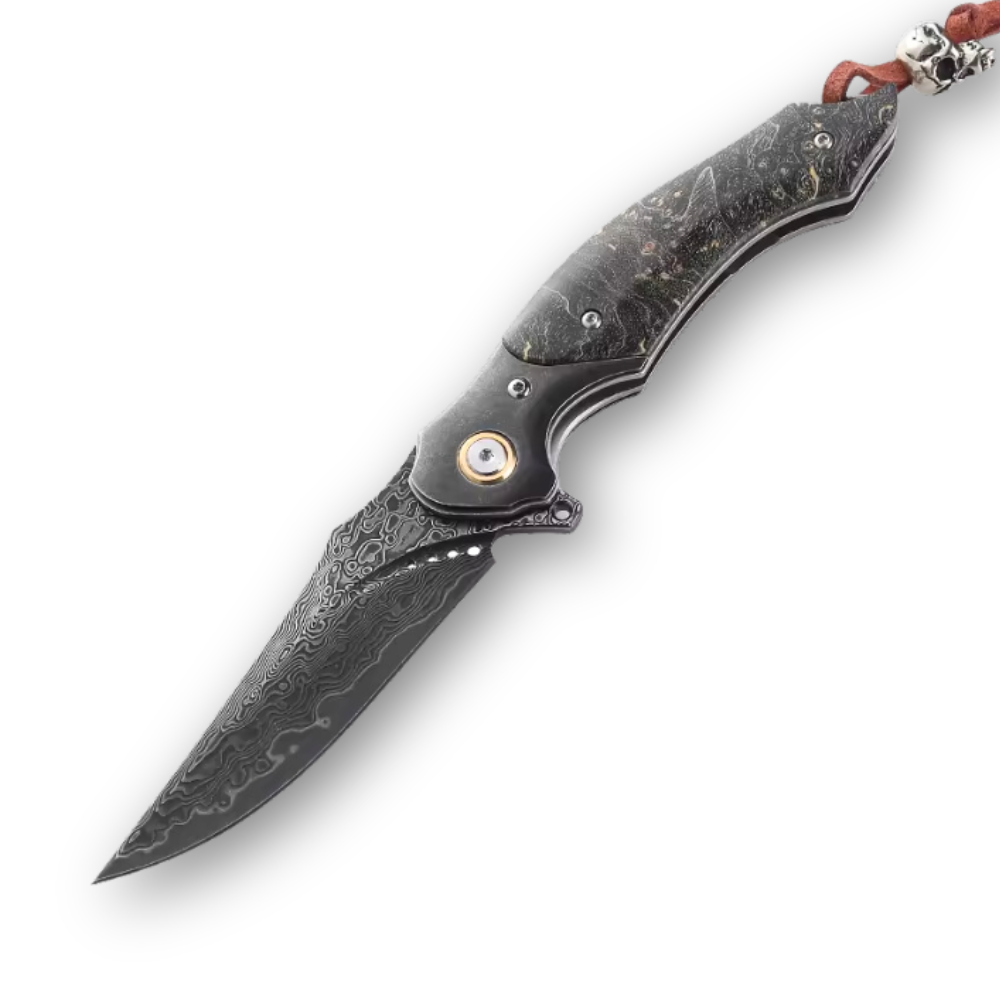
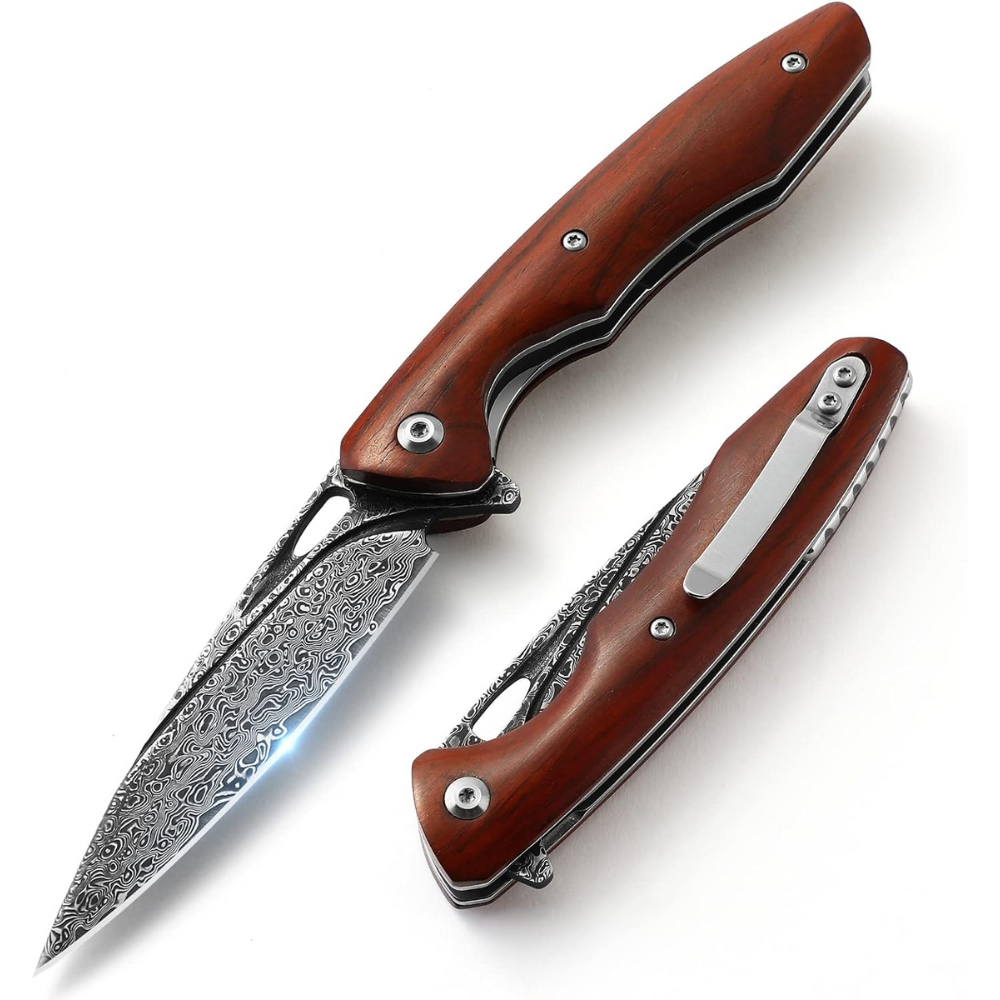
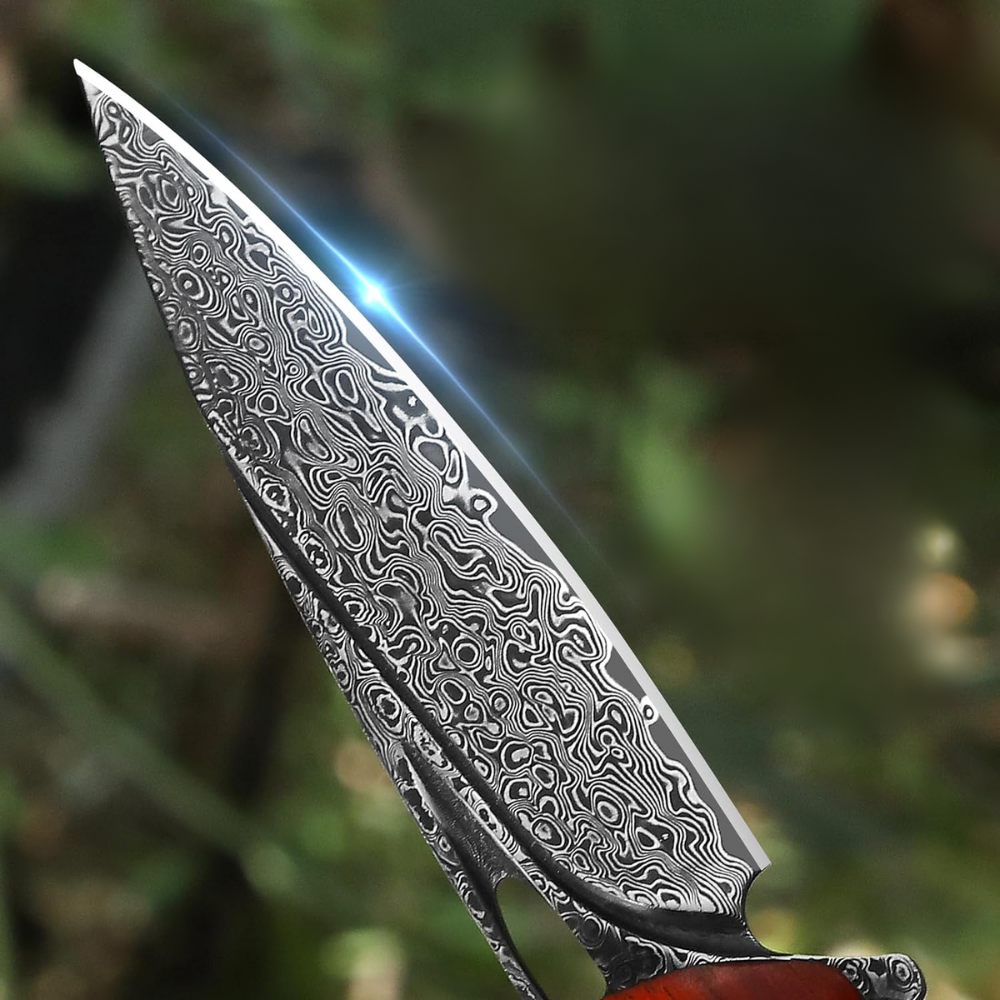
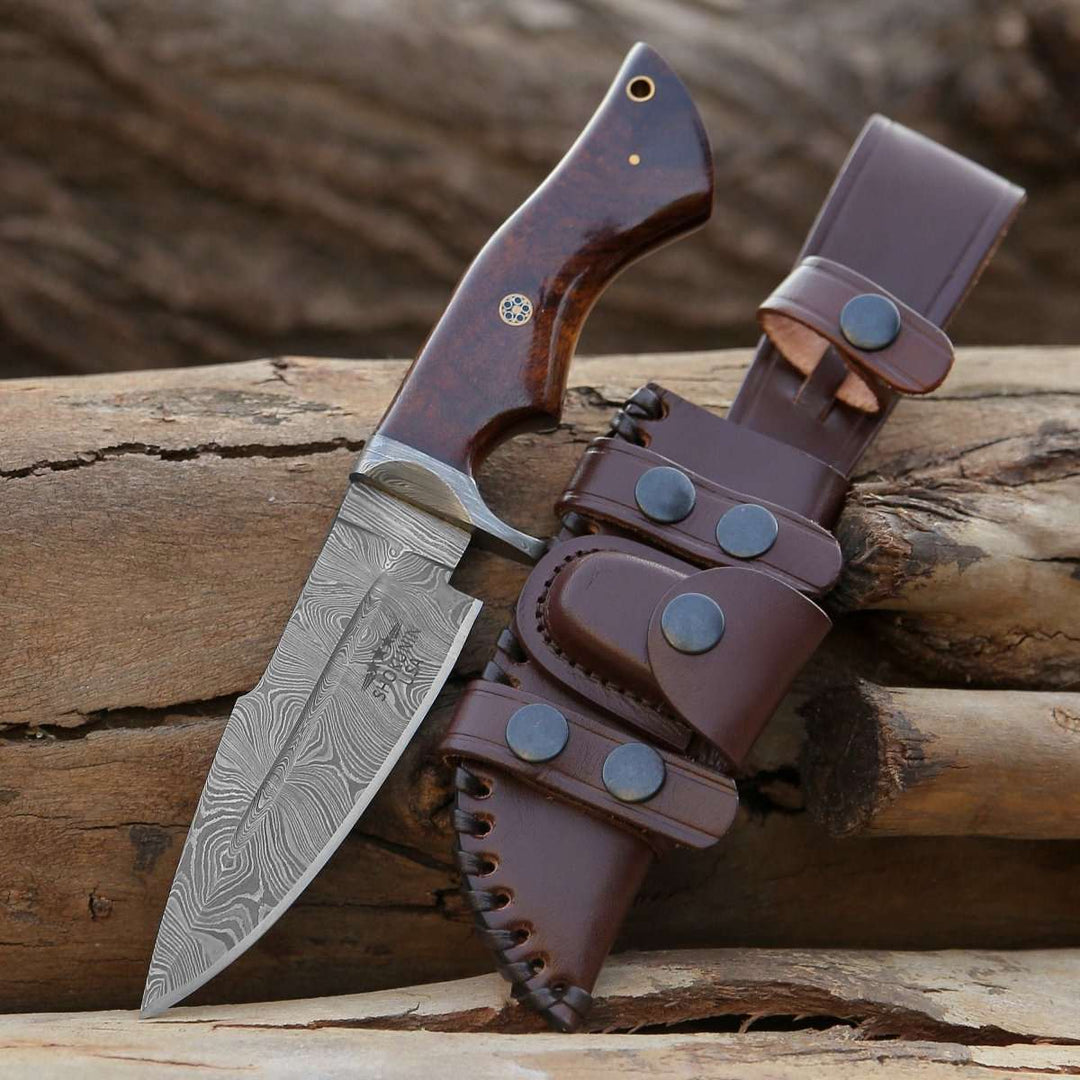
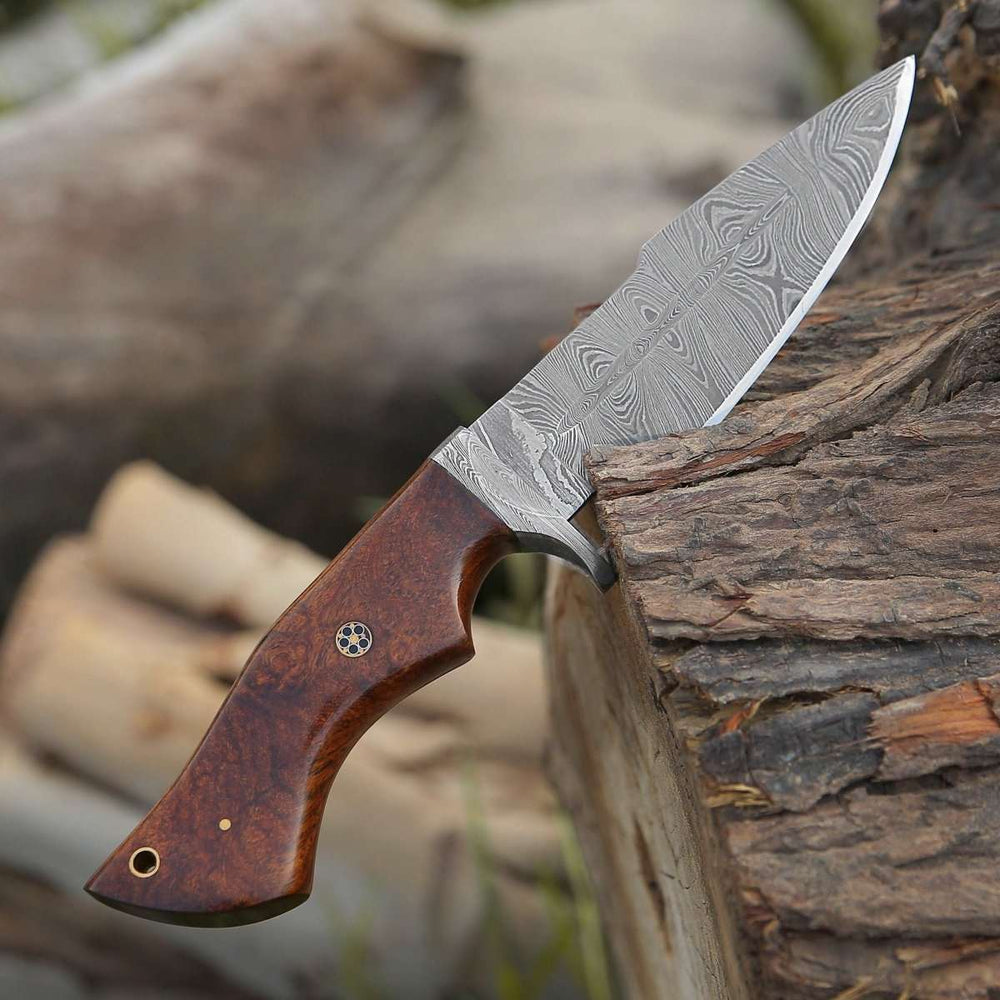
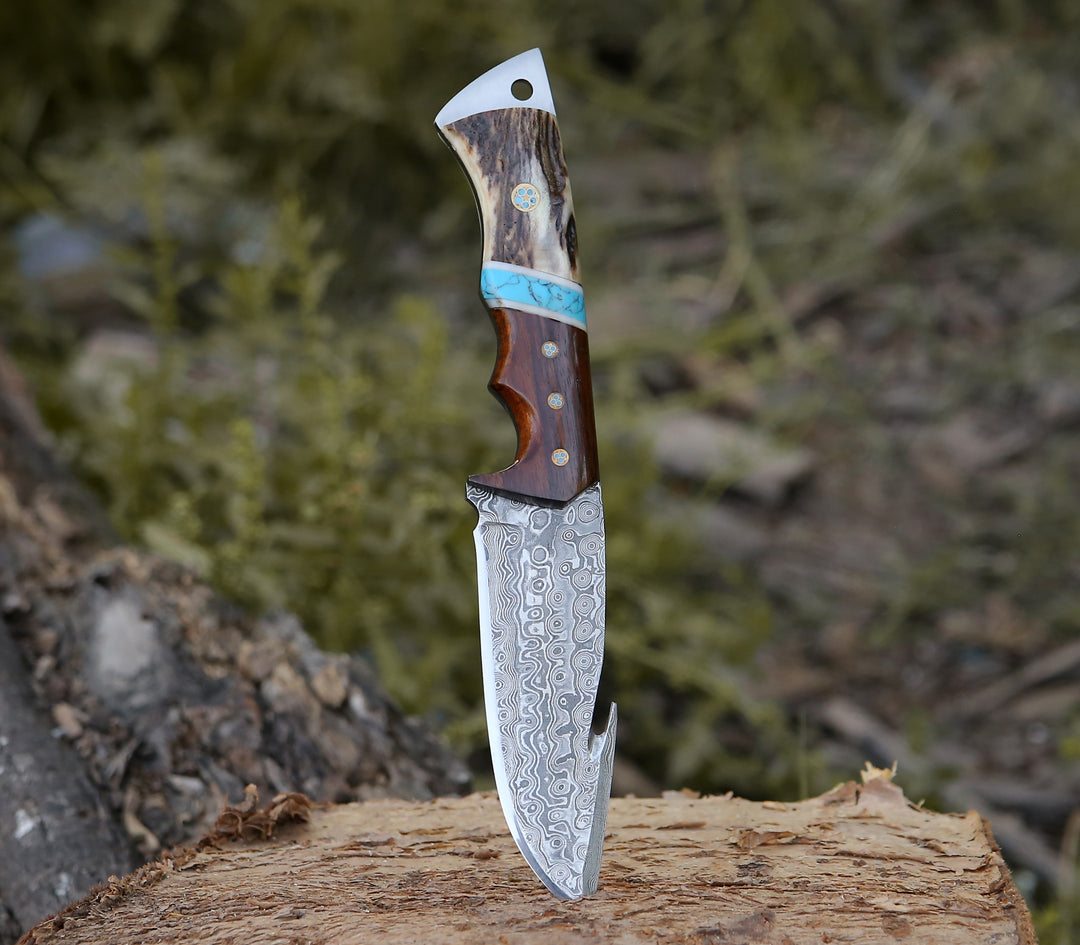
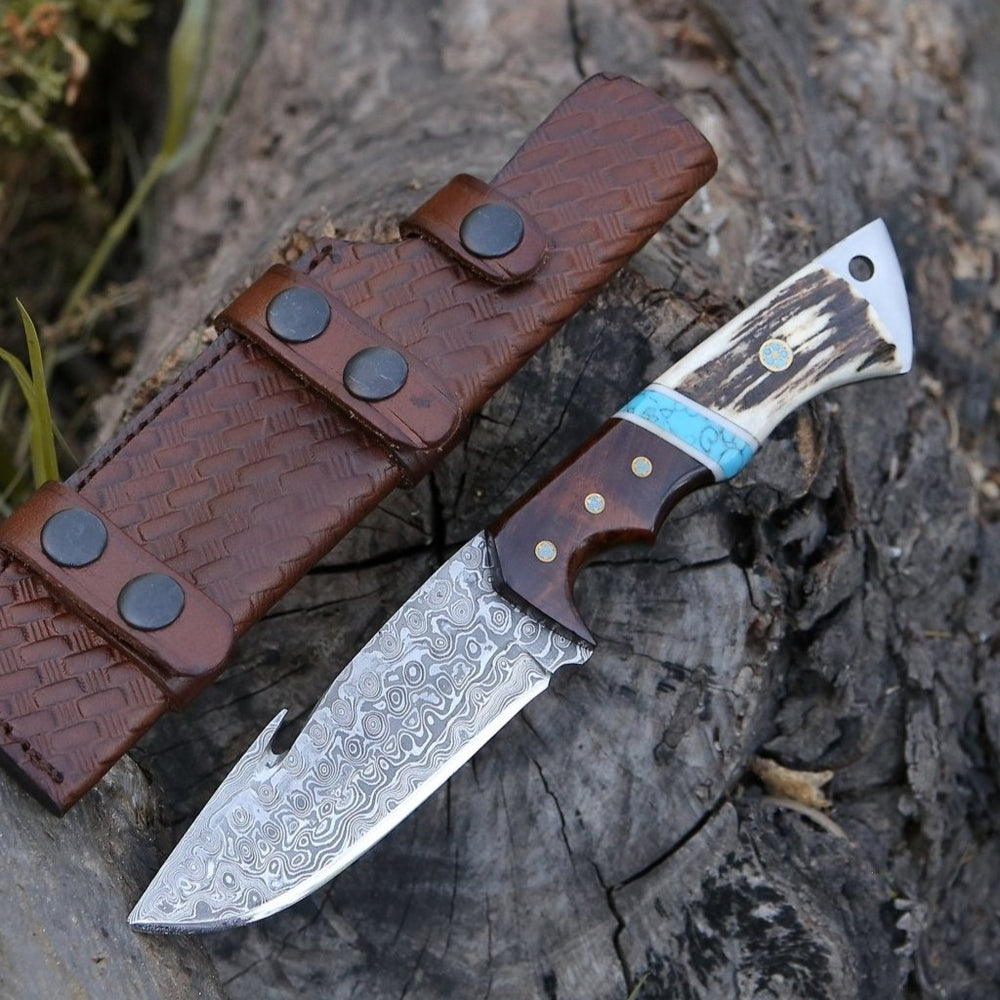
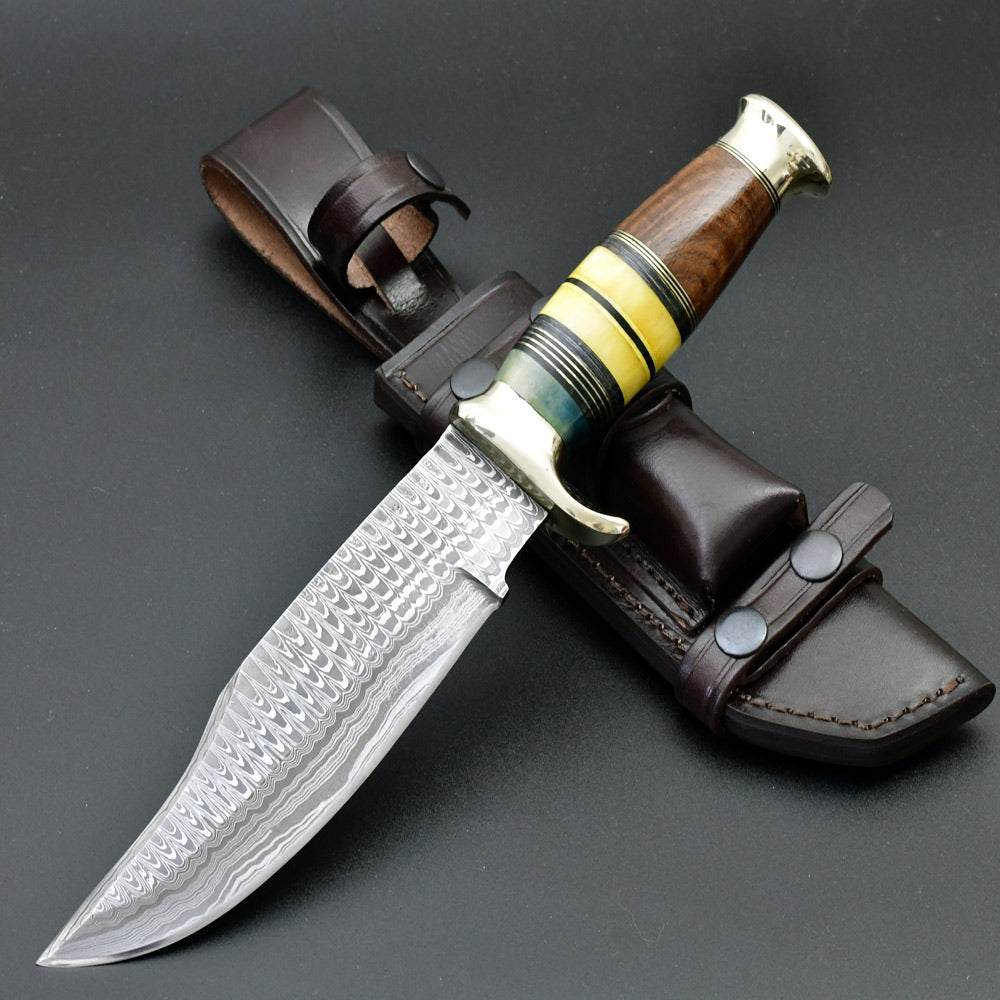
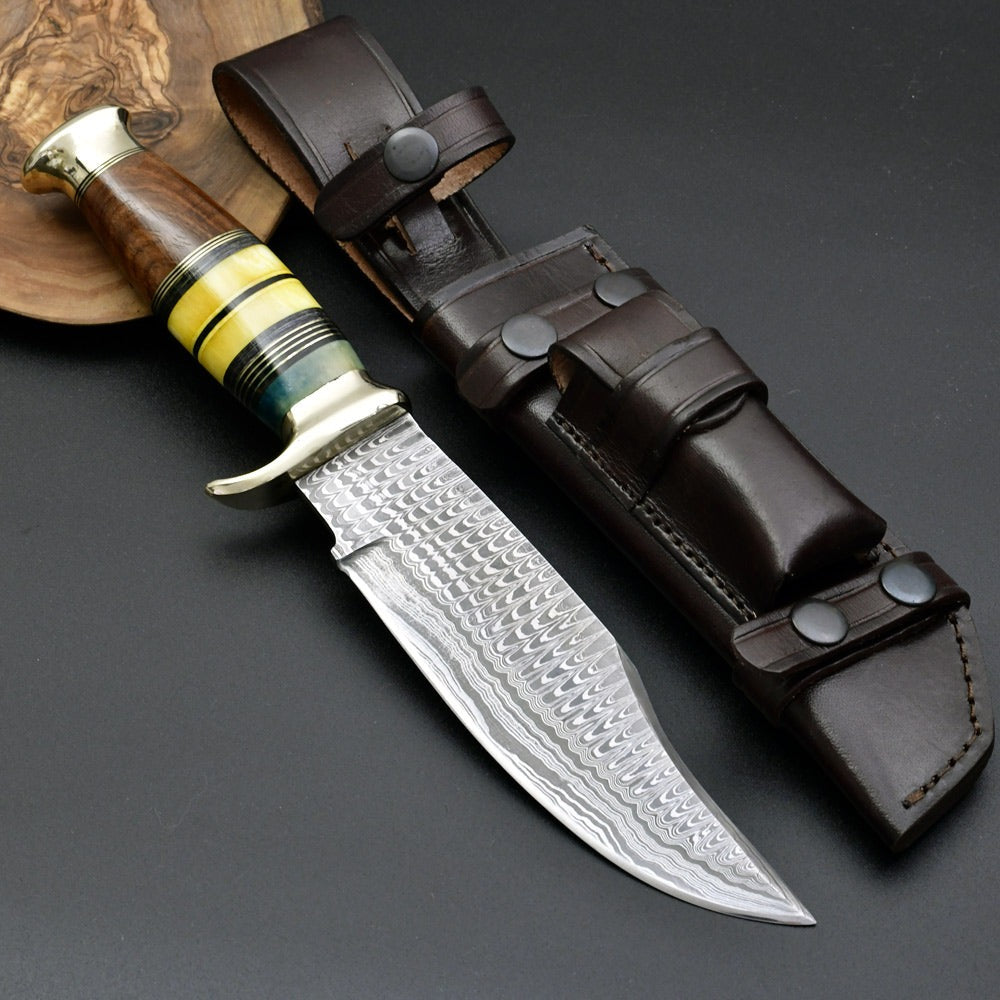
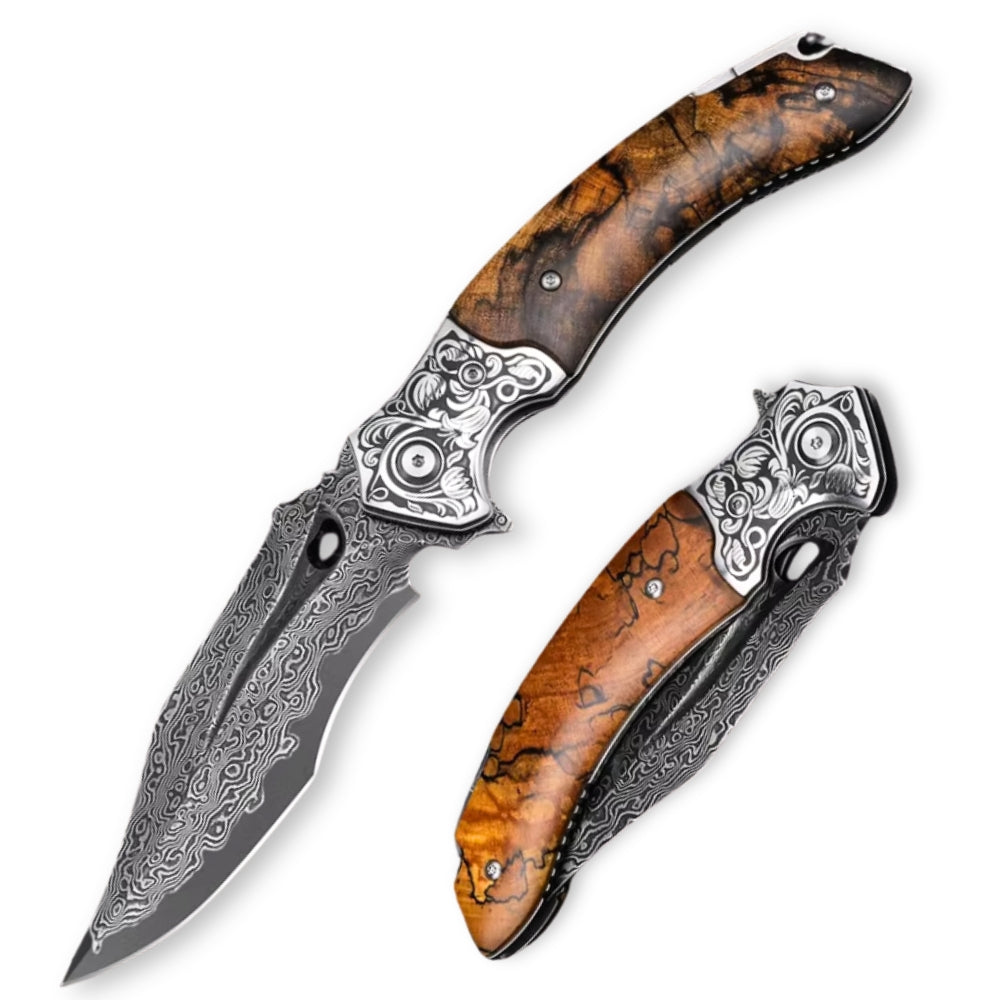
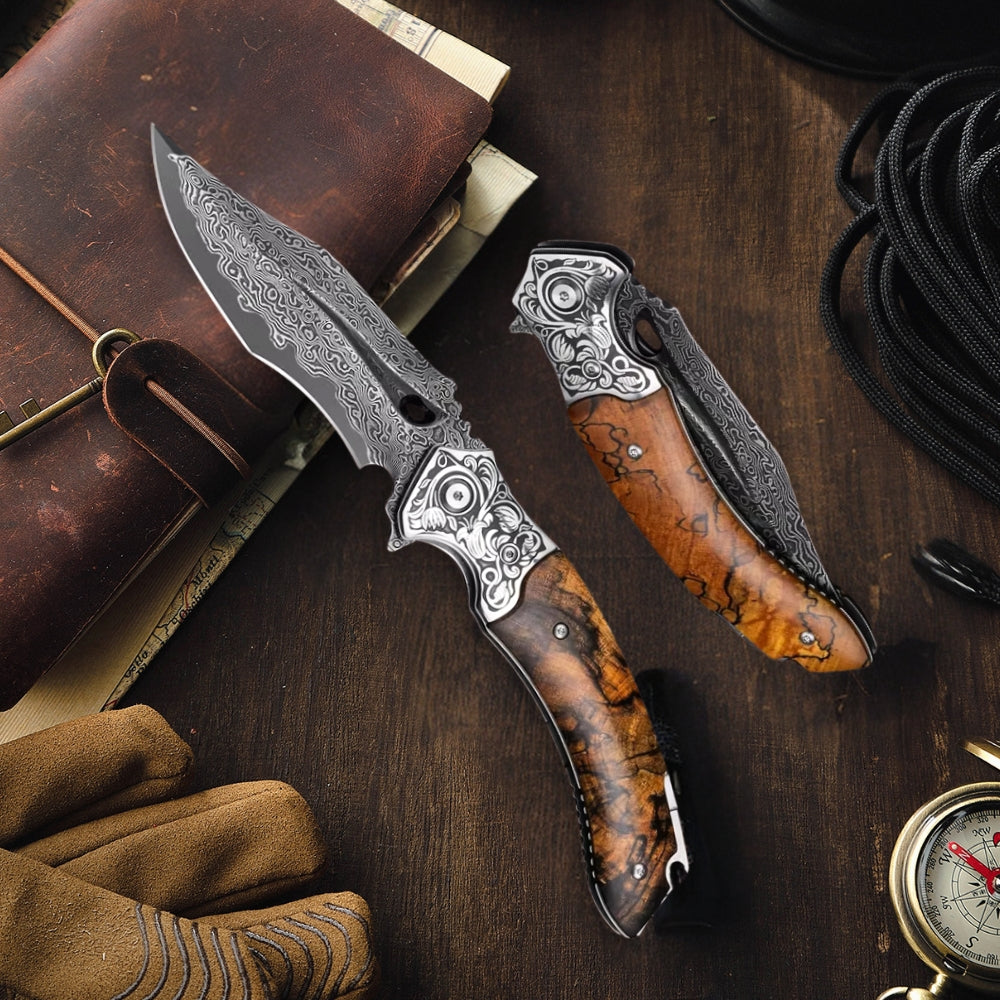
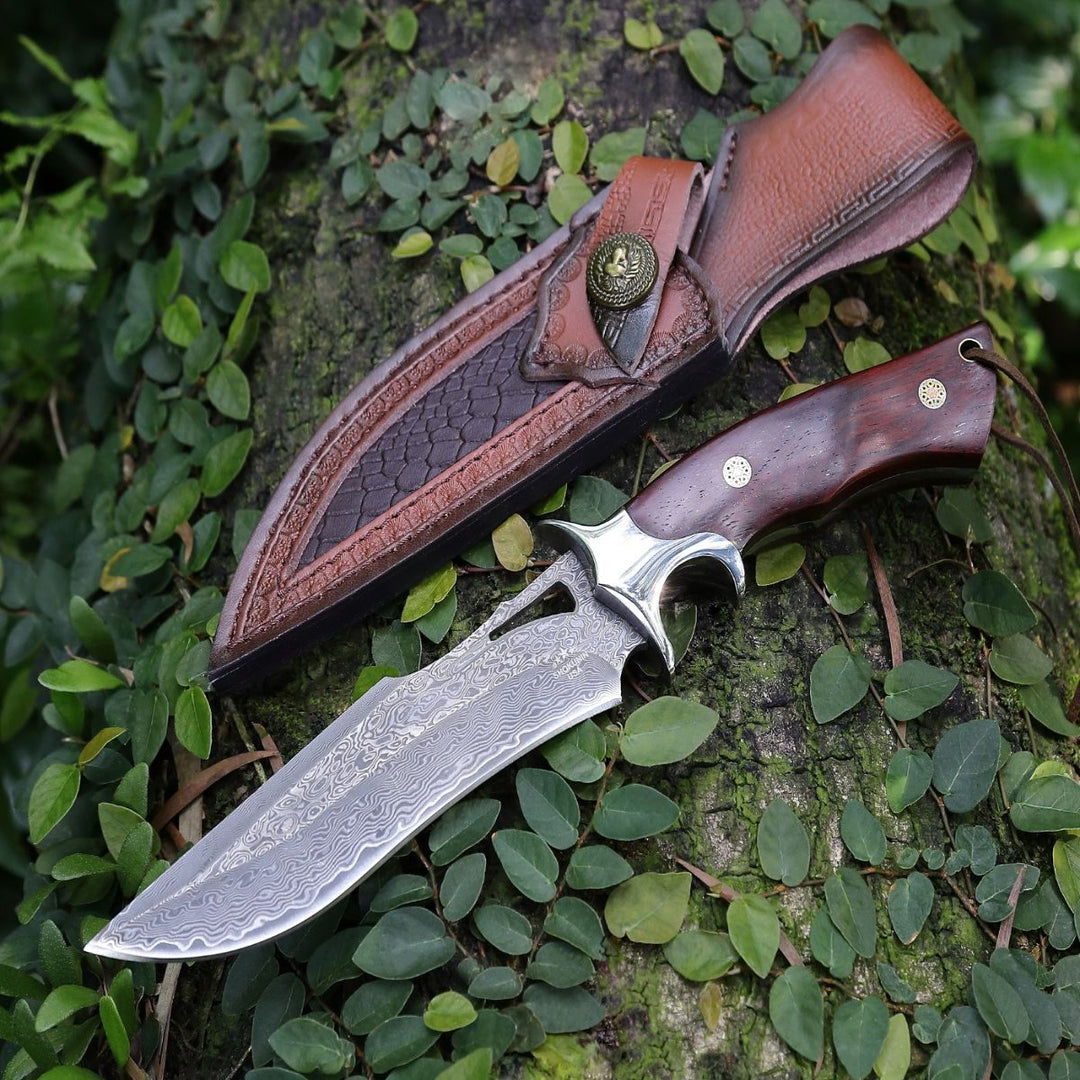
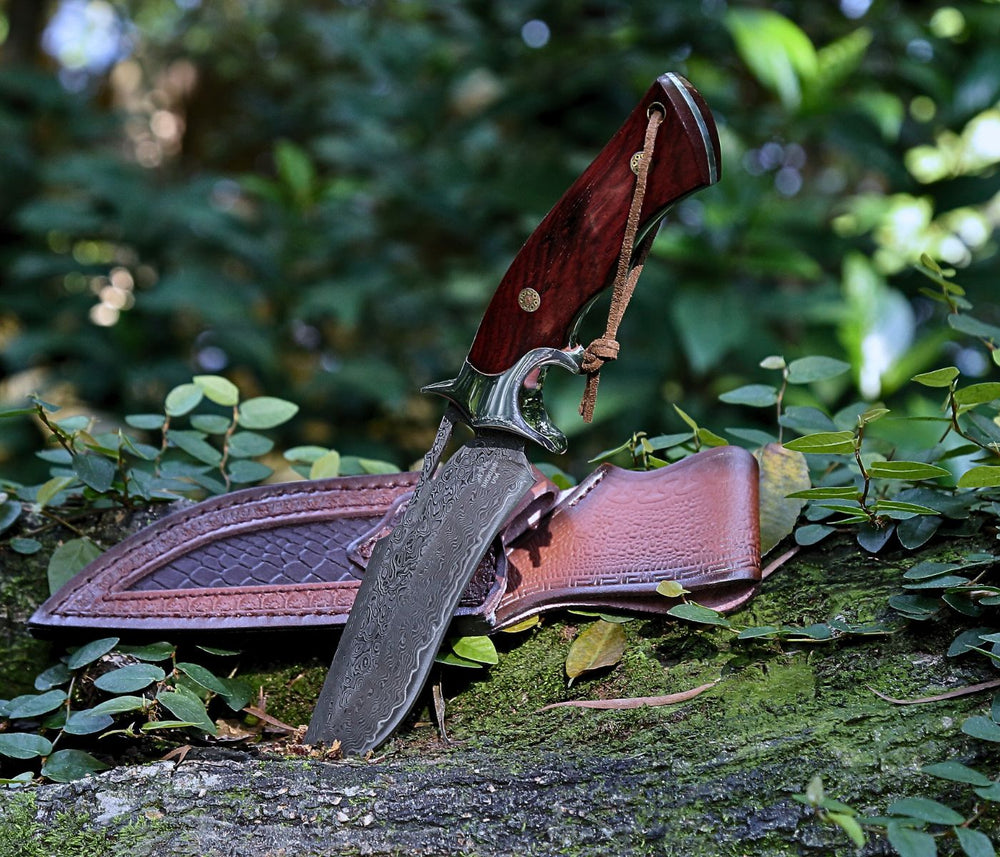


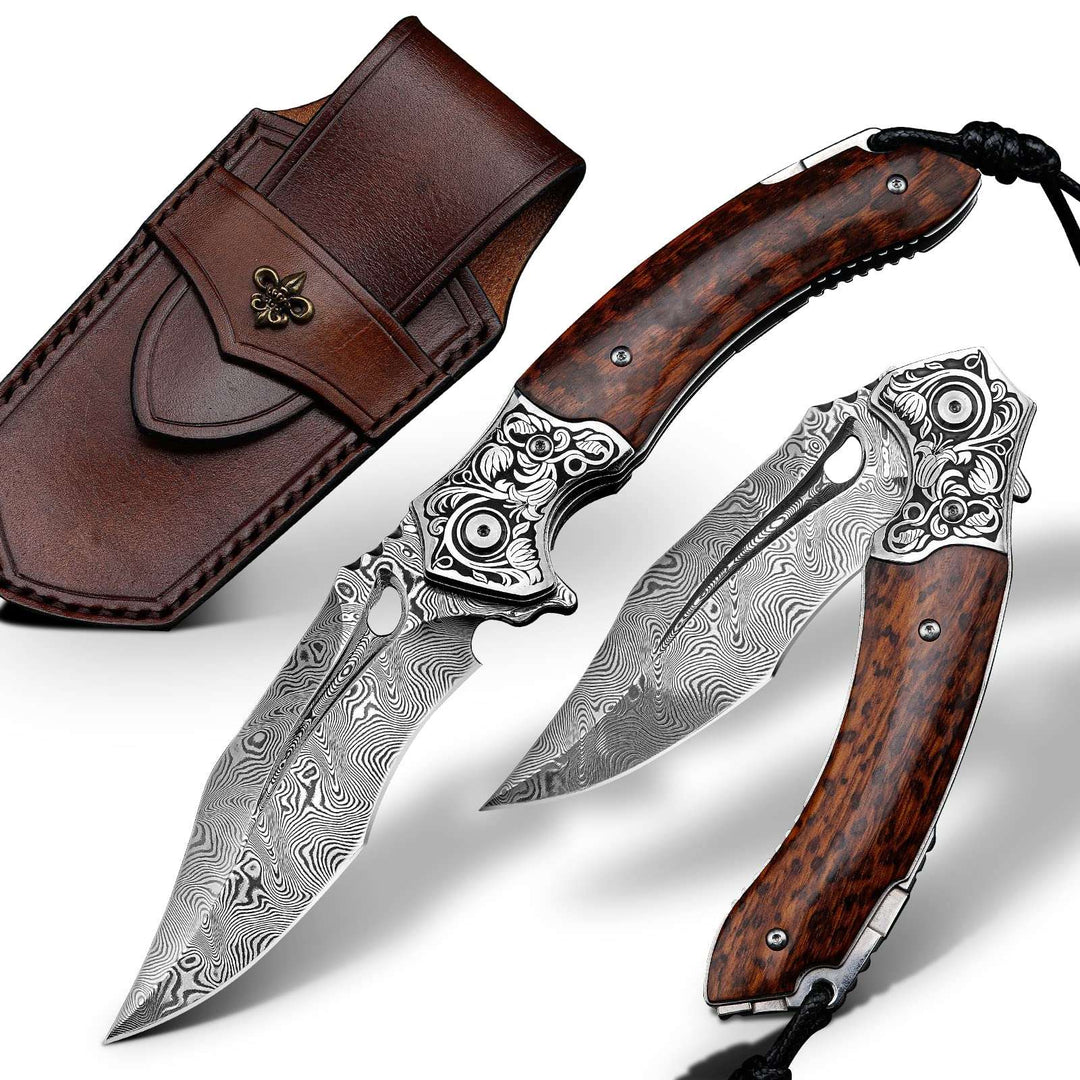

Leave a comment